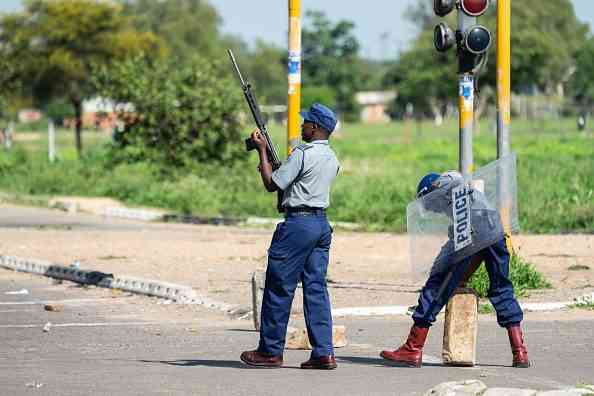BY BRENT SHAMU
The government is planning to roll out a countrywide cholera vaccination programme as authorities battle to contain the spread of the diarrhoeal disease first detected in February this year.
The first case was detected on February 12, 2023 in Chegutu, Mashonaland West. The disease has spread across the country with 62 confirmed deaths and 211 suspected deaths by December 18, 2023.
As of December 18, 2023, 12 287 suspected cases including 1 527 culture confirmed cases had been reported in all the 10 provinces of the country.
In Harare, where supplies of drinking water and sanitation facilities are erratic and infrastructure has collapsed due to years of neglect, cholera is now endemic.
Infection Control Association of Zimbabwe Trust (ICAZ-T) president Celestino Dhege confirmed the planned rollout of the cholera vaccination exercise.
“We have one of the tools for infection prevention and control (IPC) emergency response,” Dhege said.
“The vaccines are there, but I am not sure of the dates when they will be rolled out to the public.
“IPC received some of the emergency materials like preventive clothing for the workers, buckets and other materials.”
However, efforts to get more information from Health minister Douglas Mombeshora were fruitless.
Earlier this month, the World Health Organisation (WHO) delivered a substantial consignment of crucial supplies, totalling 22 metric tonnes to fight cholera.
According to WHO, the cholera supplies were funded through the contributions from Health Resilience Fund, European Union, Embassy of Ireland, GAVI, The Vaccine Alliance and the UK Aid (Foreign, Commonwealth and Development Office).
The consignment consisted of medical supplies, cholera kits and personal protective equipment.
WHO also promised to support the implementation of vital prevention measures, including water purification and sanitation initiatives. In November, Harare declared a state of emergency over the cholera outbreak.
Health experts have drawn comparisons with 2008, when cholera claimed at least 4 000 lives in Zimbabwe and at least 100 000 people fell ill.
That outbreak happened at the height of the country's economic crisis when most of the public hospitals were closed due to a shortage of medicines and the flight of health workers.





